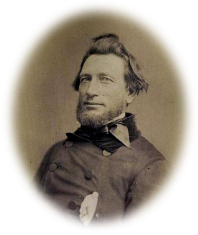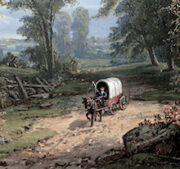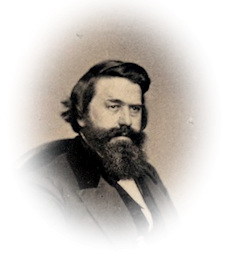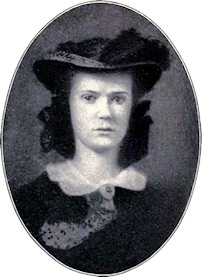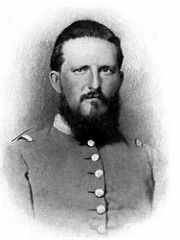DECEMBER 10th.—Not a word from the Rappahannock. But there soon will be.
Official dispatches from Gen. Bragg confirm the achievement of Col. Morgan, acting as brigadier-general. There was a fight, several hundred being killed and wounded on both sides; but Morgan’s victory was complete, his captures amounting to 1800 men, a battery, wagon train, etc.
We have also a dispatch that Major-Gen. Lovell, the Yankee, had a battle with the enemy, killing, wounding, and capturing 34! A characteristic letter was received to-day from Mr. Sanford, Alabama, recommending Col. Dowdell for a brigadiership. I hope he may get it, as he is a gallant Southerner. Mr. S. has some hard hits at the government; calling it a government of chief clerks and subordinate clerks. He hopes Mr. Seddon will not be merely a clerk.
Gen. Jos. E. Johnston has written from the West a gloomy letter to Mr. Wigfall, Texan Senator. He says he is ordered to reinforce Lieut.-Gen. Pemberton (another Northern general) from Bragg’s army. Pemberton is retreating on Grenada, Mississippi, followed by 40,000 of the enemy. How is he, Gen. J., to get from Tennessee to Grenada with reinforcements, preceded by one army of the enemy, and followed by another? Mr. Wigfall recommends the Secretary (as if he could do it!) to concentrate all the armies of the West, and beat the enemy out of the Mississippi Valley. Gen. Johnston says Lieut.-Gen. Holmes has been ordered to reinforce Pemberton. Why, this is the very thing Mr. Randolph did, and lost his clerkship for it! The President must have changed his mind.
Gen. Randolph sent in his resignation as brigadier-general to-day. The younger brigadiers, Davis (the President’s nephew) and Pryor, have been recently assigned to brigades, and this may have operated on Randolph as an emetic.There are two war steamers at Charleston from abroad; one a Frenchman, the other an Englishman. Gen. Beauregard entertained the officers of the first the other day.
Gen. Banks has sailed down the coast on an expedition, the nature of which, no doubt, will be developed soon.

